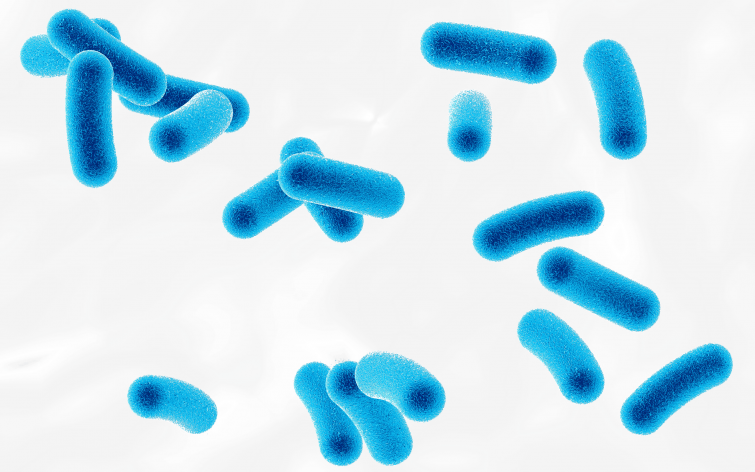
 News
News
The bacterium causing legionellosis modifies the electrochemical potential of host mitochondria to better replicate
The pathogen Legionella pneumophila modulates the biochemistry of the cell it infects for its own benefit. The bacterium stops mitochondrial respiration, while maintaining the membrane potential of the mitochondria to delay the destruction of the cell.
L. pneumophila is a bacterial pathogen that causes a severe pneumonia called Legionellosis, which is often fatal when not treated promptly. In France, between 1200 and 2000 cases are identified each year, with mortality rates ranging from 5 to 15%. A recent study conducted by scientists at the Institut Pasteur and published in eLife shows that this bacterium can modulate the action of a cellular enzyme to its own advantage.